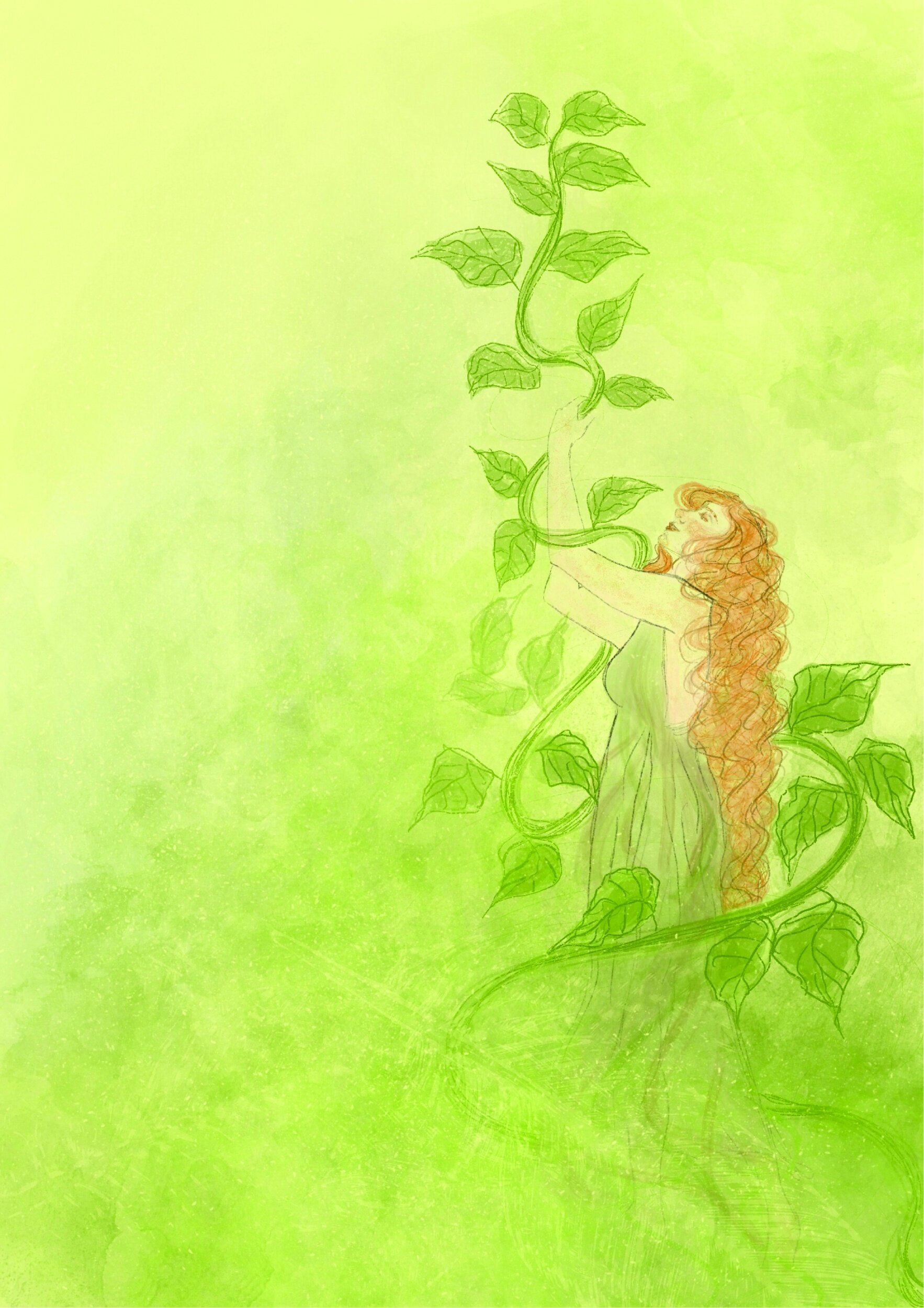A young boy aiming to be that change in his community, I am Fontoh, Age 29 from Cameroon, Founder of Cepow Cameroon. 10 years ago, in our community forest, common activities practised were bush fires, deforestation, and Sand extraction. This forest was home to a lone water catchment supplying 10000 inhabitants. Pollution and defecation on water sources were predominant. I can remember at age 23, my peers always insulted me for going to study rocks and claiming to be involved in keeping a legacy for Mother Nature. This became worst when a close friend told me “Desmond: A guy who plants trees, what gains will you have? Your friends are in search of corporate jobs and you are here planting trees”. Today we have planted, 7500 trees, trained 400 kids, created 5 Eco Clubs, Pick-up 10000kg of plastics, and trained about 100 youths on forest conservation and plastic recycling.
Nature, Food System and Ecosystem
I have been teaching in one of the most marginalized, poor, and economically deprived communities in Dhading district of Nepal. Around 65 % of the population consists of extremely poor and backward communities of Chepang, Magar, Gurung, and Tamang ethnic groups. I worked in the community to promote cultural diversity. I taught secondary level kids of the communities and provide them several exposure and opportunities. I engaged the kids and their guardians in tree plantation, commercialization of farms, income generation and other economic activities.
Perseverance to Tackle Environmental Problems
The Resilience of Indigenous Peoples in the COVID-19 Era
In the Philippines, the resilience of indigenous peoples is put to the test as they not only deal with the grave impacts of the COVID-19 pandemic on their communities, but also resist the proposed construction of a dam that could displace them from their ancestral domains and destroy nearby ecosystems.
Passion for Climate/ Biodiversity in Relation to Agriculture to End Hunger Crisis in Africa
Plastic Impacts and Action
My story tries to touch on the most encountered most frequently whenever we participate in a litter clean up whether along the road or beaches: plastic bottles. This impacts biodiversity, especially marine, since when we have seen how a whale died due to ingesting 80 kg of plastics.
Even if we are not able to quit the use of plastic all of the sudden, we should still be innovative in recycling those plastics into useful products like eco-bricks. This at least will help to tackle plastic pollution and save our biodiversity.
Surviving the Environment Arena and Beyond: Maasai Mara Reserve
New reforms to education in Africa are transforming learning opportunities for the continent's youth, but learners still lack access to relevant skills that will help them secure employment opportunities. What can be done? I am passionate about science, one of the things about science that drew me to it is the fact it's about the discovery of knowledge. I believe that Africa, and especially Kenya, has all the resources that it needs to keep its people healthy, yet people are not enjoying the best health. One way that I believe I can solve that problem is by researching medicinal plants because I believe we have those resources we just need to find out the compounds in plants that we can utilize to keep ourselves healthy. Everything that we need to be healthy is provided to us by nature, we just have to tap through research and also by educating people on how to apply those principles and knowledge that we learned from research into being healthy. I envision a world where there is equality, quality education, improved health services for all, and good, effective and transformative leaders.
The Quintessence of Me
Mujeres Yucatecas Por La Defensa Del Territorio
Once Upon a Time... Cerrado
Pedalando pelo Clima
História de uma participante de um coletivo que produz conteúdo sobre a crise climática através de viagens de bicicleta, registrando depoimentos de pessoas que estão na linha de frente dos territórios impactados. No texto é abordada a história da cicloviagem realizada para documentar os dez anos da maior tragédia climática do Brasil.
The Fight for Carpenter Park
"Every season presented a different challenge. In the summer, I removed the endless tendrils of porcelain berry from the shade of the trees, while in the winter, removing the wisteria before the weather started getting warm again was the goal. To adapt, my eyes became alert to the most elusive invading plants, sneaking up in the brush, while my hands became more adept with the tools."
Forest In The Stomach
Food is vital for survival, so making money of it comes with a sweet feeling knowing one can pay bills easily. The rural livelihood is always linked to the forest, putting the forest at the expense of risk. Should we eat at the forest's expense? Or, should the forest be preserved while the people starve? This is the current situation that has put the Indigenous people of Onigambari forest reserve communities in Ibadan, Oyo state, Nigeria, in a dilemma over the past years of their existence.
Forest in the stomach is about actions that balance both forest and farming to coexist together in an environmentally sustainable manner.
Conserving Medicinal Herbs of Kashmir Himalayas
My Water Friend
This story revolves around María, an intro-extroverted city girl interested in animals. During a forced trip, María detected an injustice towards her parents, which caused her great impotence, in this way Omega was born, her imaginary friend in the shape of a cow and made entirely of water. Omega gives her the key to be able to help her community, however, events change the direction in which María wants to do justice.










